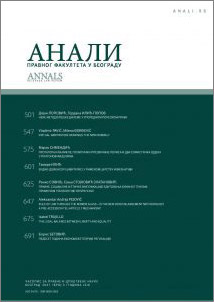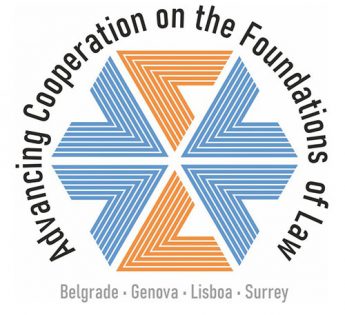
Forvm Romanvm: Lidia Zanetti Domingues Gave a Lecture on „Penitential Spirituality and Criminal Justice in Late Medieval Italy: The Case of Siena, XIII-XIV Century”
On Friday, the 11th of March, 2022, the Forvm hosted Dr Lidia Zanetti Domingues, research fellow of the University of Milan and the University of London Institute of Historical Research; her lecture was entitled „Penitential Spirituality and Criminal Justice in Late Medieval Italy: The Case of Siena, XIII-XIV Century”. She started her lecture by explaining the combined legal/anthropological approach to the study of the criminal justice system, and continued by comparing different ways in which crime is perceived – from a cause for private retaliation, to a procedure that requires the criminals to be punished by the public order for their transgressions against peace and order, and the idea that it is in the public interest that no crime is left unpunished. She pointed out that both perspectives existed in Sienna in the discussed period, i.e. that it wasn’t a matter of different stages of development. She then offered a third picture – the penitential model of criminal justice with repentance as the core feature. She spoke of the perception of crime, but also of attempted revenge as a sin, which is why the clergy would intervene in the criminal procedure by, for example, pleading for pardon on behalf of the convicts, or requesting a better treatment for them. She also pointed out the interesting example of the Statute of Dervio, in which rage was considered indicative of an intention to cause someone harm, instead of being an extenuating circumstance, which she tied to the perception of sin. Her conclusion was that in the legal system of medieval Sienna different perceptions of crime and criminal justice were intertwined. After the lecture there was a long, active discussion which brought into focus a comparison between medieval Italian, Serbian and Rhomaian law.




